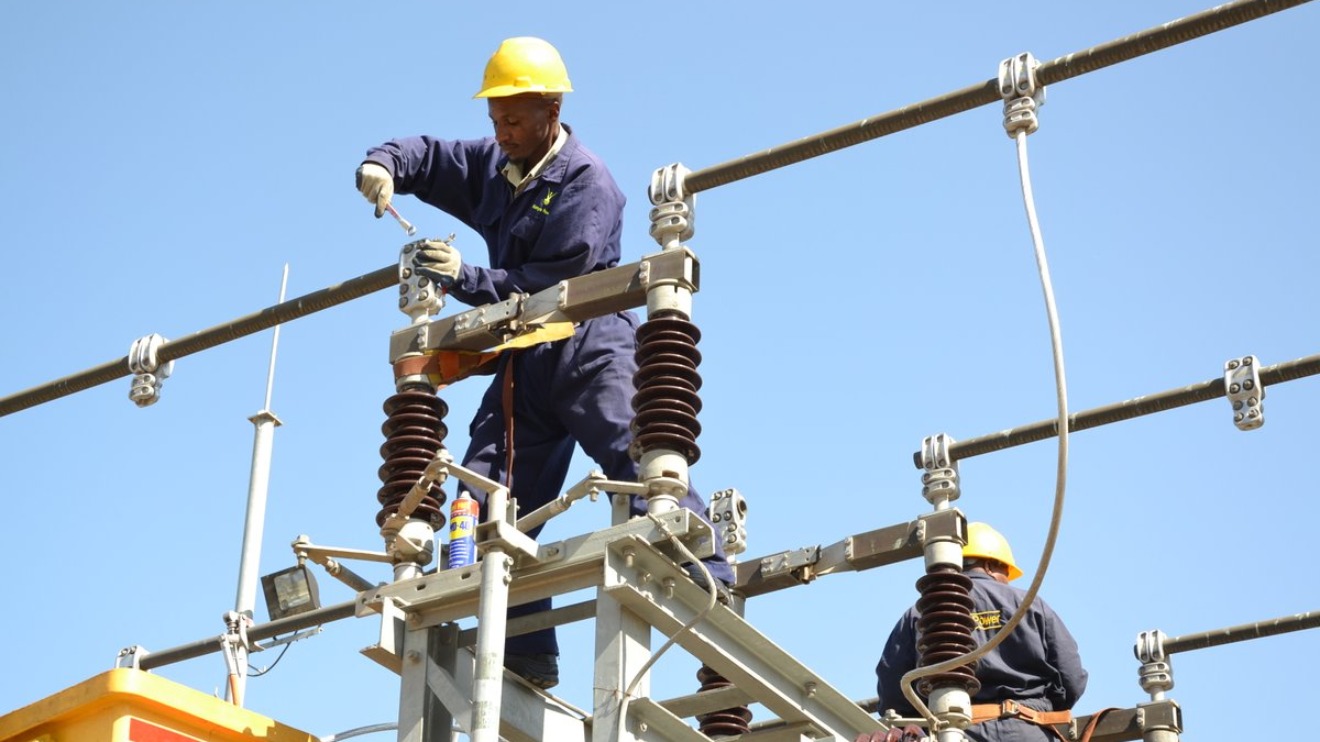The Kenyan energy sector is poised for a significant shakeup as the Energy and Petroleum Regulatory Authority (EPRA) proposes to allow private firms entering the electricity distribution market to import power from neighbouring countries.
This move, outlined in the draft Energy Electric Power Undertaking Licensing Regulations, 2024, aims to increase competition within the sector, potentially leading to lower electricity costs for consumers.
Currently, Kenya Power holds a monopoly on electricity imports, having agreements with Ethiopia Electric Power and the Uganda Electricity Transmission Company Limited.
However, the high wholesale tariffs charged by these producers make it difficult for Kenya Power to reduce consumer bills.
Epra's proposed "Electricity export/import licence" would empower private firms to import electricity for resale to consumers within Kenya.
Read More
Additionally, these firms can export power to neighbouring countries, creating a wider market for local electricity producers.
This increased competition is expected to pressure existing producers to offer more competitive wholesale rates.
"The Authority may, on receipt of an application, grant the applicant any of the following categories of licence; Electricity export/import licence, which shall entitle the holder to export or import electrical energy to or from another country," the draft regulations state.
The new regulations are part of a broader effort to dismantle Kenya Power's longstanding monopoly.
The draft follows the publishing of the Energy (Electricity Market, Bulk Supply and Open Access) Regulations, 2024. Firms entering the distribution space will be allowed to utilize the existing transmission network of KETRAO and Kenya Power, spanning over 314,000 kilometres combined.
However, they will be responsible for paying "wheeling charges" – fees levied for using the existing infrastructure.
The draft regulations also outline the licensing process for new entrants, requiring them to seek renewal three years before the current licenses expire.
This ensures continued regulatory oversight and adherence to established standards.
The potential benefits for consumers are significant. By fostering competition and potentially lowering wholesale tariffs, these reforms could lead to more affordable electricity.
This is particularly welcome news for Kenyans who have grappled with blackouts due to ageing infrastructure and the high cost of electricity, prompting many to seek alternative sources like solar and biomass power.
The Kenyan government's move to liberalize the electricity sector holds promise for increased competition, improved efficiency, and ultimately, more affordable and reliable power for Kenyan consumers.


-1757243598.jpg)





-1757244564.jpg)

-1757101509.jpg)